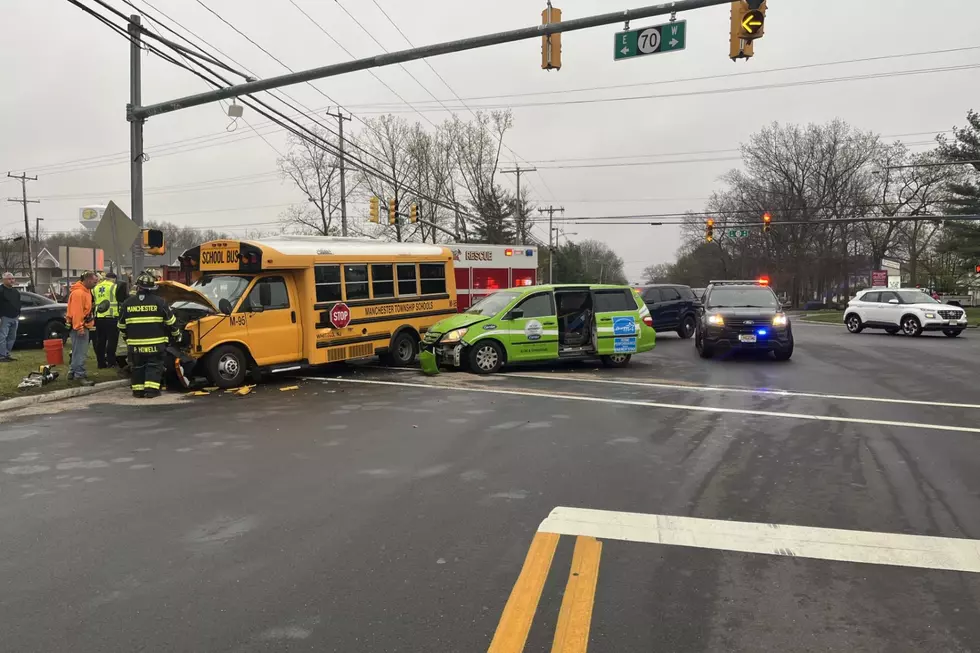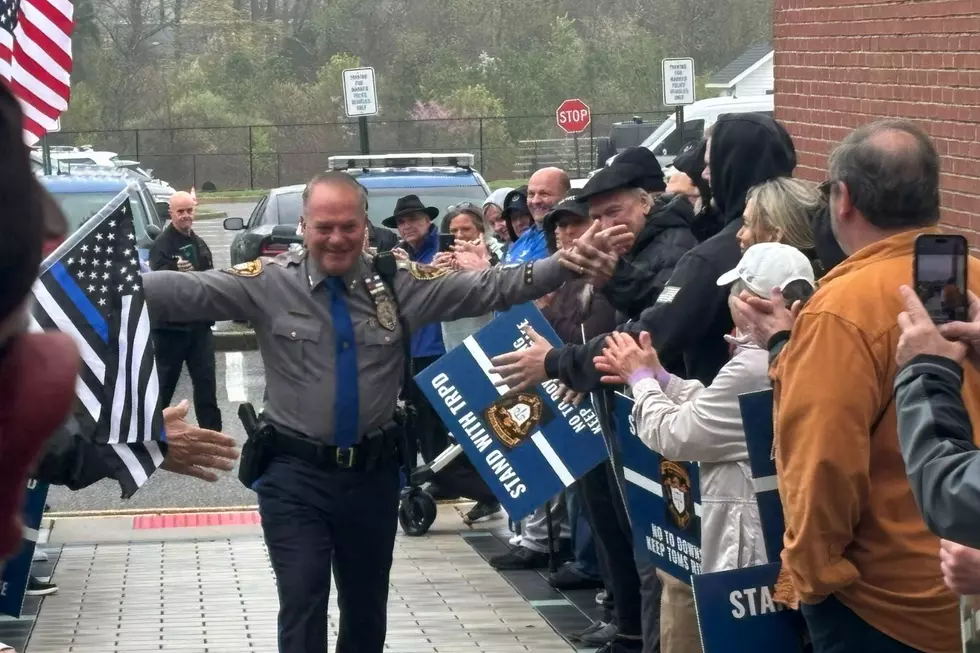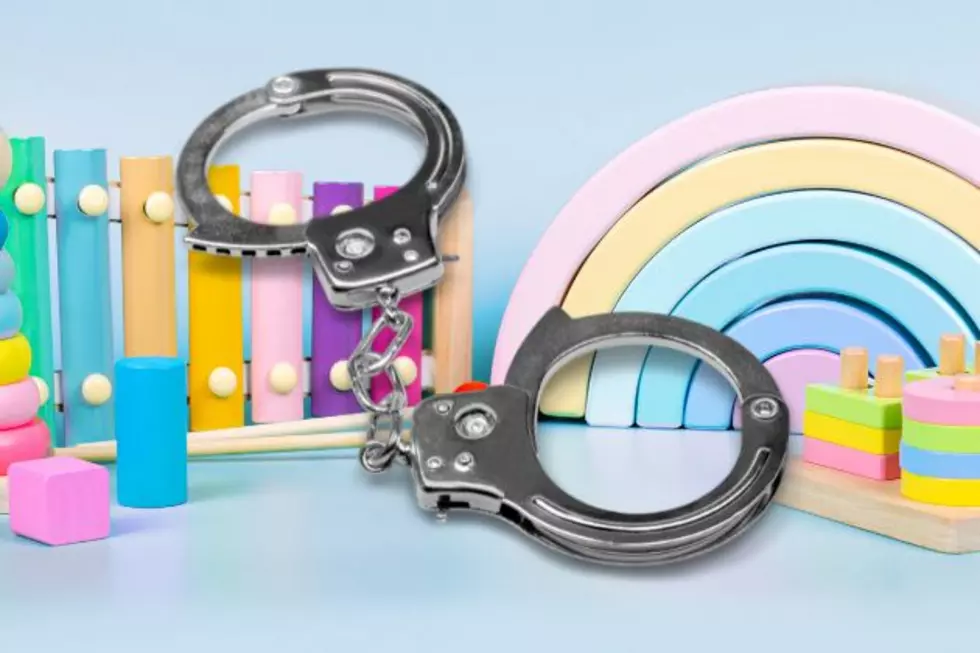
NJ nonprofit warns of ‘mind-hacking,’ pushes new laws to protect residents
A New Jersey non-profit says so-called "mind-hacking" is a serious enough problem that a the state needs better laws to protect residents from it.
New Jersey Safe & Sound was formed in 2012 in response to reports of predatory alienation — the use of extreme influence to isolate someone from relatives and friends — happening in the Garden State and around the world, and a lack of laws addressing the issue, according to volunteer Mary Ann Fusco.
The group teaches teenagers and adults of all ages about the varying degrees of social influences and how to protect themselves from being exploited from undue influence.
"That exploitation can come at the hands of lots of different predators, whether it gangs, abusive partners, human traffickers, con artists, swindlers, even terrorist recruiters use the same techniques," Fusco said.
Techniques employed by mind-hackers make it difficult for a victim to realize he or she is being controlled and unable to think independently.
"To date the emphasis has always been on criminality and on what's wrong with the victim that they let themselves get trapped in these situations, and we've identified the need to shift away from victim blaming and onto the perpetrators and their anti-social, manipulative tactics," Fusco said.
Undo influence, coercive control and coercive persuasion are some of the legal terms that also define mind-hacking, according to Fusco.
"The brain is like a computer, and like a computer, a brain can be hacked. There are techniques that manipulators can use to whittle their way into your mind, to actually rewrite your memory, so that you start to doubt your past and the people that you've long trusted and relied on and loved all your life," Fusco said.
Some of the tactics include "love bombing," Fusco said.
"You'll get excessive amounts of flattery and compliments. Slowly they'll try to take over more and more of your time. They'll require you to check in with them excessively by phone, or by text, and they'll do that with you. They'll encourage you to give up people that you've long-trusted and loved and find ways to disrupt existing, healthy relationships" she said.
The group has been disseminating pamphlets, or mid-hacking alerts to high schools and colleges statewide listing the signs and tactics, and Fusco said the pamphlets have been embraced by a wide spectrum of educators, health professionals, law enforcement and clergy.
The predatory behavior manifests itself in different forms and without an existing law, Fusco, said New Jersey Safe & Sound is unable to track exactly how widespread of a problem it is.
"The targets of these cases are not the only victims," Fusco said. "When a loved one is alienated from you and made to break all ties with you, it's not just the person who has been alienated, it's everyone around that person who cares about them."
Being an adult or physically and mentally healthy doesn't make a person immune from mind-hacking, Fusco said.
Those going through natural transitions are most at risk of falling victim, such as teens maturing to adults, high school graduates entering to college, or elderly adults who may be suffering personal losses, such as the deaths of loved ones.
"People of any age can and do become victims of undue influence, but our efforts to date have been bringing attention to the two most vulnerable and often targeted groups: young adults and the elderly," Fusco said.
The nonprofit has reached out to state Senate Majority Leader Loretta Weinberg (D- Bergen) for help drafting legislation to give families of mind-hacking victims recourse, regardless of their age.
The bill would create a civil cause of action in cases of undue influence and predatory alienation, regardless of the age of the targeted victim.
She cited an example of a law passed in the the United Kingdom in December, 2015 making coercive and controlling behavior in an intimate or family relationship a criminal offense that carries up to five years in prison.
For additional information visit njsafeandsound.org or facebook.com/njsafeandsound.
More From New Jersey 101.5 FM









